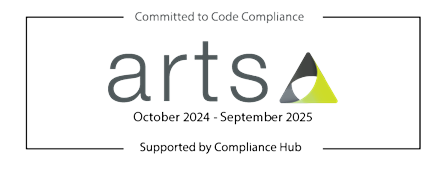CHEC Launches Premium NHS EDoF Lens Solution to Cataract Patients
)
As part of its mission to elevate patient care quality and become the industry’s leader in innovative ophthalmology solutions, CHEC will now offer extended monofocal lenses to clinically eligible post-cataract surgery patients to enhance their subsequent range of vision, as part of its delivery of NHS services. Currently, anyone wanting EDoF lenses would have to seek private care and pay for them, as they are not available on the NHS.
EDoF lenses represent a contemporary technology in cataract surgery compared to standard monofocal lenses. CHEC will initially launch extended monofocal lenses across its Northern hospitals, while site-wide expansion is due to complete before the end of the year. This will see a standardised approach applied across all hospitals to increase efficiency in patient care.
Mahmoud Rabie (MBBCH, FRCOphth, FRCSG, FABO, M.Sc. (Ophthalmology), Ph.D (Ophthalmology), Clinical Director for Ophthalmology and Consultant Ophthalmologist for CHEC, said: “During typical cataract surgery, the natural lens is replaced with a monofocal IOL – a good solution for providing uncorrected distance visual acuity. However, this still leaves patients reliant on glasses for tasks involving intermediate and near vision, such as working on a computer. Multifocal IOLs address these limitations, but have other drawbacks, such as visual disturbances including glare, halos and reduced contrast sensitivity.
“There has been growing demand for a lens that can do more, and extended monofocal lenses have surfaced as the groundbreaking innovation to solve the problem. The benefits they offer to patients are undeniable and we want to make them as accessible as possible. By adopting this advanced technology and offering it to patients who’ve been referred to CHEC, we’ll aim to deliver an elevated level of operational and clinical excellence.”



